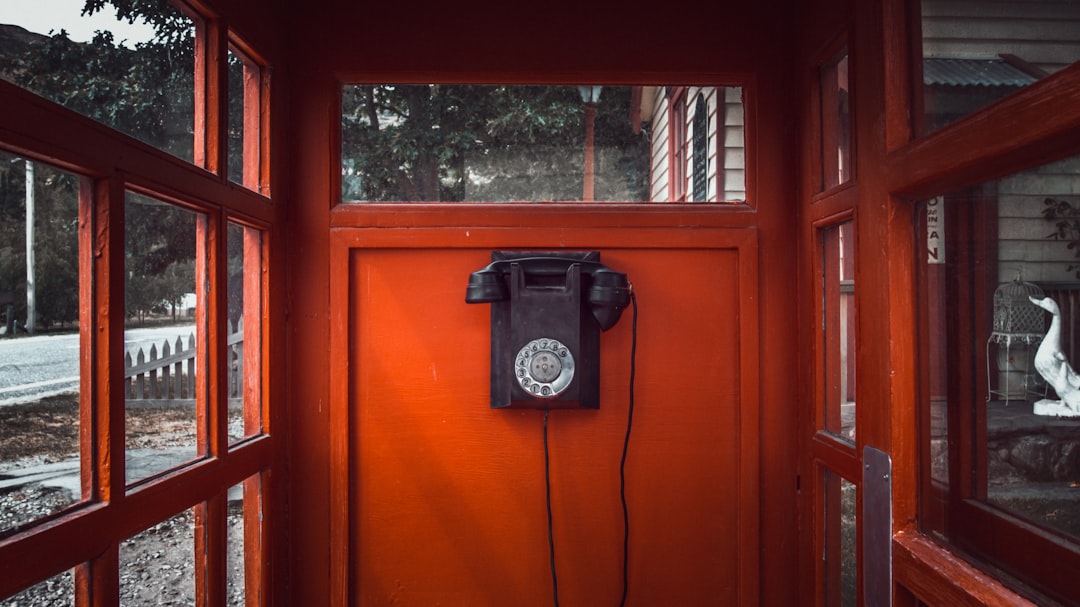- Understanding the TCPA and Its Regulations in Massachusetts
- When Is Autodialing Permissible? A Legal Perspective
- The Importance of Express Permission: Protecting Consumer Privacy
- Enforcing TCPA Violations: Rights and Remedies for Massachusetts Residents
- Common Mistakes Businesses Make with Autodialers
- Building a Strong Case: Strategies from a TCPA Lawyer in Massachusetts
- Navigating the Legal Process: From Complaint to Settlement
- Preventing Future TCPA Infractions: Best Practices for Businesses
Understanding the TCPA and Its Regulations in Massachusetts
In Massachusetts, the Telephone Consumer Protection Act (TCPA) plays a pivotal role in regulating telemarketing practices and consumer privacy. This federal law, enforced by the Federal Communications Commission (FCC), aims to protect individuals from unsolicited telephone marketing calls, including prerecorded messages. The TCPA prohibits companies from making automated or prerecorded calls to phone numbers listed on the National Do Not Call Registry without explicit consent.
Massachusetts, as a state, has further strengthened these protections. A TCPA lawyer Massachusetts or attorney specializing in this area can guide individuals and businesses on navigating the complex regulations. These rules are designed to ensure that consumers’ rights are respected, and their personal information is safeguarded. Understanding the TCPA’s provisions is crucial for businesses engaging in telemarketing activities to avoid legal repercussions and fines.
When Is Autodialing Permissible? A Legal Perspective
In Massachusetts, as in many states across the US, autodialing is governed by the Telephone Consumer Protection Act (TCPA). This federal law restricts businesses from using automatic dialing systems or artificial or prerecorded voices to deliver marketing calls without prior explicit consent. The TCPA lawyer Massachusetts residents turn to for guidance and representation should be well-versed in these regulations to ensure compliance.
A TCPA attorney Massachusetts firms employ can help clarify when autodialing is permissible. Generally, it’s allowed if the caller has obtained written or oral permission from the recipient first. This consent can be established through various means, such as a sign-up form, opt-in box on a website, or an in-person agreement. However, there are exceptions; for instance, calls made for specific purposes like collection activities or messages from non-profit organizations may not require explicit consent. A TCPA law firm Massachusetts offers can provide tailored advice based on the unique circumstances of each case.
The Importance of Express Permission: Protecting Consumer Privacy
In the realm of consumer protection and privacy, obtaining express permission before initiating automated phone calls is a crucial aspect of adhering to the Telephone Consumer Protection Act (TCPA). This federal law was enacted to safeguard individuals from unwanted and intrusive telemarketing practices, ensuring their right to silence and privacy. When it comes to autodialers, or automatic telephone dialing systems, seeking explicit consent from the caller is not just a legal requirement but also a moral obligation.
For businesses in Massachusetts, engaging a TCPA lawyer or attorney specializing in this area is essential to navigate the complexities of the TCPA. These legal professionals can guide companies on obtaining valid and informed consent, ensuring their marketing efforts comply with the law. By prioritizing express permission, consumer trust is fostered, and potential legal repercussions related to TCPA violations are avoided. This approach respects the privacy rights of Massachusetts residents, promoting a harmonious balance between business communication and individual autonomy.
Enforcing TCPA Violations: Rights and Remedies for Massachusetts Residents
In Massachusetts, enforcing violations of the Telephone Consumer Protection Act (TCPA) provides residents with robust rights and remedies. If your phone has been plagued by unwanted autodialer calls without your explicit consent, you have legal options. A TCPA lawyer in Massachusetts can guide you through this process and help you recover damages. These damages may include not only monetary compensation for each violation but also attorney fees and costs incurred during the legal fight against the offending party.
Massachusetts residents affected by autodialer abuse have the right to seek injunctive relief, meaning they can ask a court to stop the practice outright. They can also file individual lawsuits or join class-action suits, where damages are awarded based on the number of unauthorized calls received. It’s crucial to act swiftly, as there are strict time limits for filing TCPA claims. A skilled TCPA attorney in Massachusetts will ensure your rights are protected and help you navigate this complex legal landscape.
Common Mistakes Businesses Make with Autodialers
Building a Strong Case: Strategies from a TCPA Lawyer in Massachusetts
When challenging autodialer use without express permission in Massachusetts, building a strong case requires strategic insights from an experienced TCPA lawyer. A TCPA attorney in Massachusetts is well-versed in the state’s stringent consumer protection laws and can navigate the complex legal landscape surrounding the Telephone Consumer Protection Act (TCPA). These experts leverage their knowledge of both federal and state regulations to formulate robust legal arguments against autodialers operating without prior consent.
A TCPA law firm in Massachusetts often employs a multi-faceted approach, including thorough fact gathering, documenting violations, and leveraging case precedents. They may also advise clients on best practices to prevent future TCPA violations, ensuring compliance with strict anti-spam regulations. By engaging a competent TCPA lawyer in Massachusetts, individuals and businesses can effectively challenge autodialers, protect their rights, and seek appropriate remedies for unauthorized automated calls.
Navigating the Legal Process: From Complaint to Settlement
Preventing Future TCPA Infractions: Best Practices for Businesses
To prevent future TCPA (Telemarketing Consumer Protection Act) infringements, Massachusetts businesses should implement robust best practices. First, ensure explicit consent from customers before initiating any automated calls. This involves obtaining verifiable opt-in agreements through secure channels like text, email, or dedicated online forms. Regularly review and update customer records to accurately track preferences, including do-not-call requests.
Second, invest in sophisticated call routing systems that respect individual choices. Train staff to handle complaints effectively and promptly, offering clear avenues for consumers to opt out of future communications. Maintain detailed logs of all calls, including timestamps, content, and recipients’ responses. Engaging a reputable TCPA lawyer Massachusetts or consulting with a TCPA attorney Massachusetts can provide guidance tailored to your business, ensuring compliance with the evolving TCPA law and mitigating potential legal repercussions from careless autodialer use.






